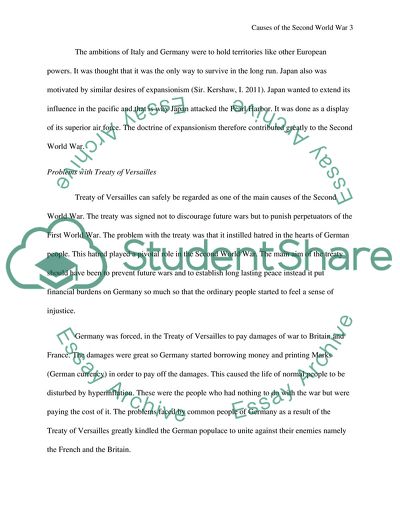Cite this document
(Causes of the Second World War Case Study Example | Topics and Well Written Essays - 1750 words - 2, n.d.)
Causes of the Second World War Case Study Example | Topics and Well Written Essays - 1750 words - 2. https://studentshare.org/history/1752739-what-were-the-causes-of-the-second-world-war
Causes of the Second World War Case Study Example | Topics and Well Written Essays - 1750 words - 2. https://studentshare.org/history/1752739-what-were-the-causes-of-the-second-world-war
(Causes of the Second World War Case Study Example | Topics and Well Written Essays - 1750 Words - 2)
Causes of the Second World War Case Study Example | Topics and Well Written Essays - 1750 Words - 2. https://studentshare.org/history/1752739-what-were-the-causes-of-the-second-world-war.
Causes of the Second World War Case Study Example | Topics and Well Written Essays - 1750 Words - 2. https://studentshare.org/history/1752739-what-were-the-causes-of-the-second-world-war.
“Causes of the Second World War Case Study Example | Topics and Well Written Essays - 1750 Words - 2”. https://studentshare.org/history/1752739-what-were-the-causes-of-the-second-world-war.


